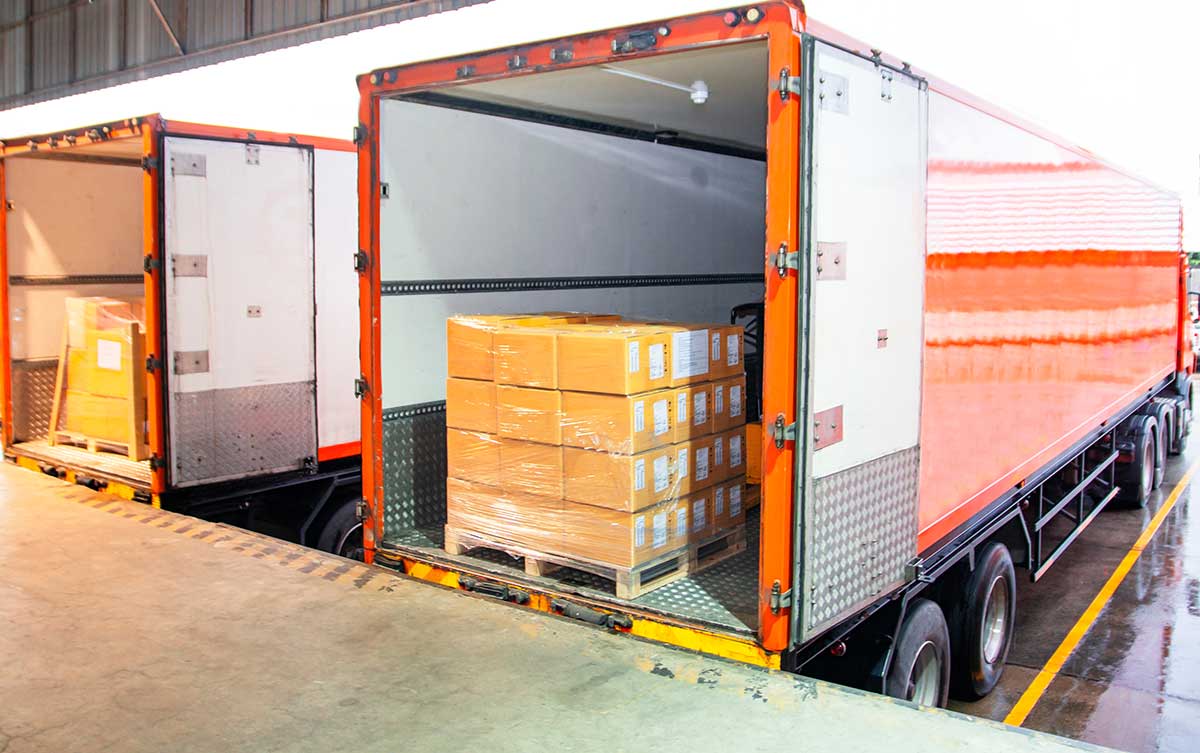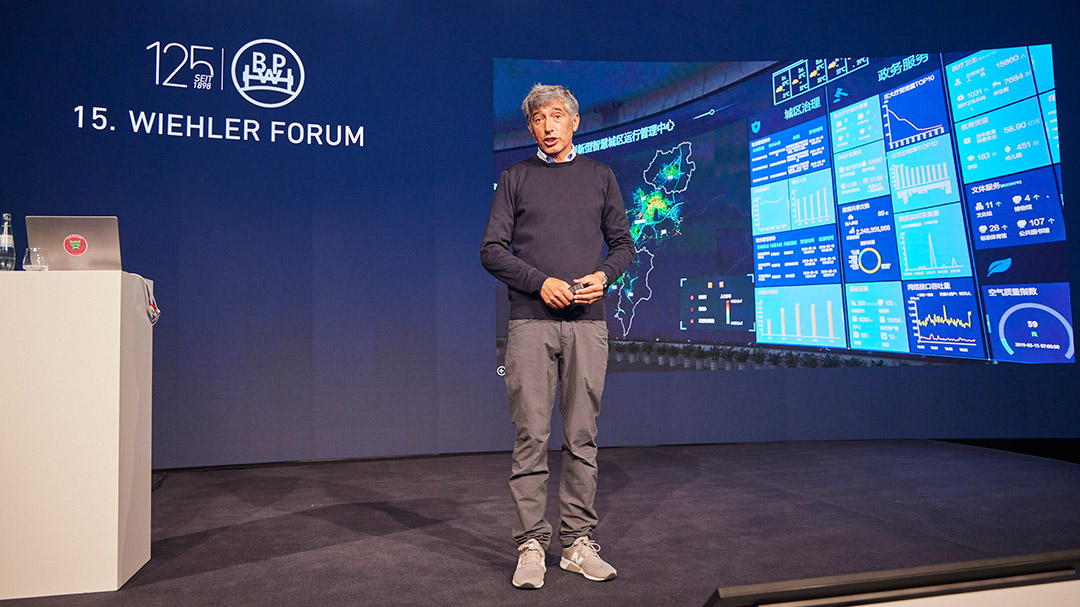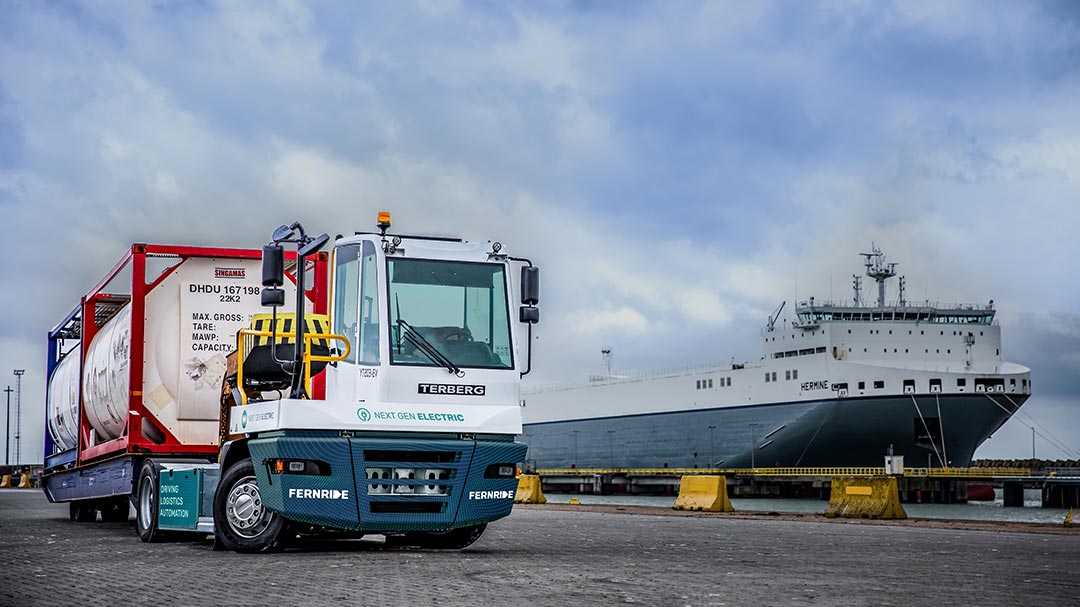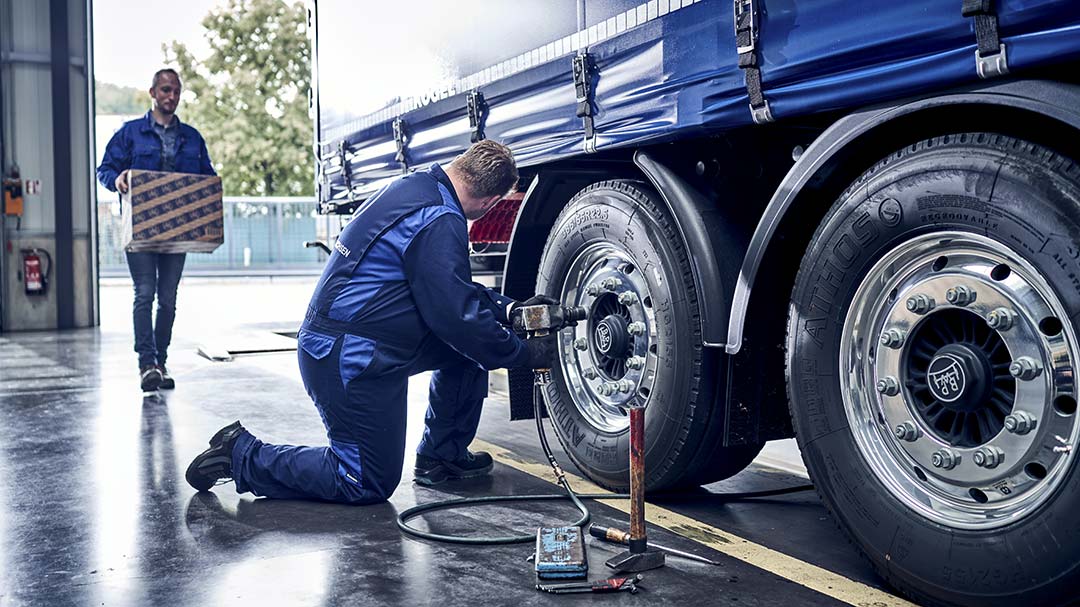Text: Juliane Gringer
Photos: hvv, Shutterstock
Anna-Theresa Korbutt, Managing Director of the Hamburg Transport Association (hvv), calls for a concession award for city logistics. What works for public transport is a rescue option for congested metropolises.

»It may sound extreme, but we will not get this amount of commercial vehicles out of the city without a monopolistic procurement process.«
Anna-Theresa Korbutt, Managing Director of the Hamburg Transport Association (hvv)
»With all the good ideas and research projects going on, I haven’t even seen the number of trucks go down. How many hubs are there going to be in a city, where are they all going to fit?«
Anna-Theresa Korbutt, Geschäftsführerin des Hamburger Verkehrsverbundes (hvv)
»Why don’t you start thinking about a concept before you start talking about sanctioning right away!«
Anna-Theresa Korbutt, Managing Director of the Hamburg Transport Association (hvv)







